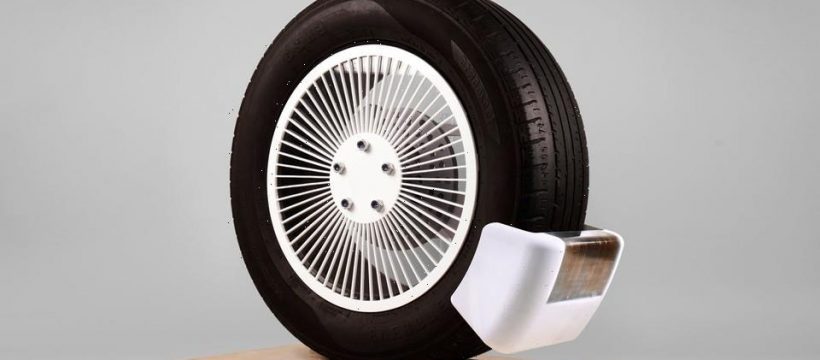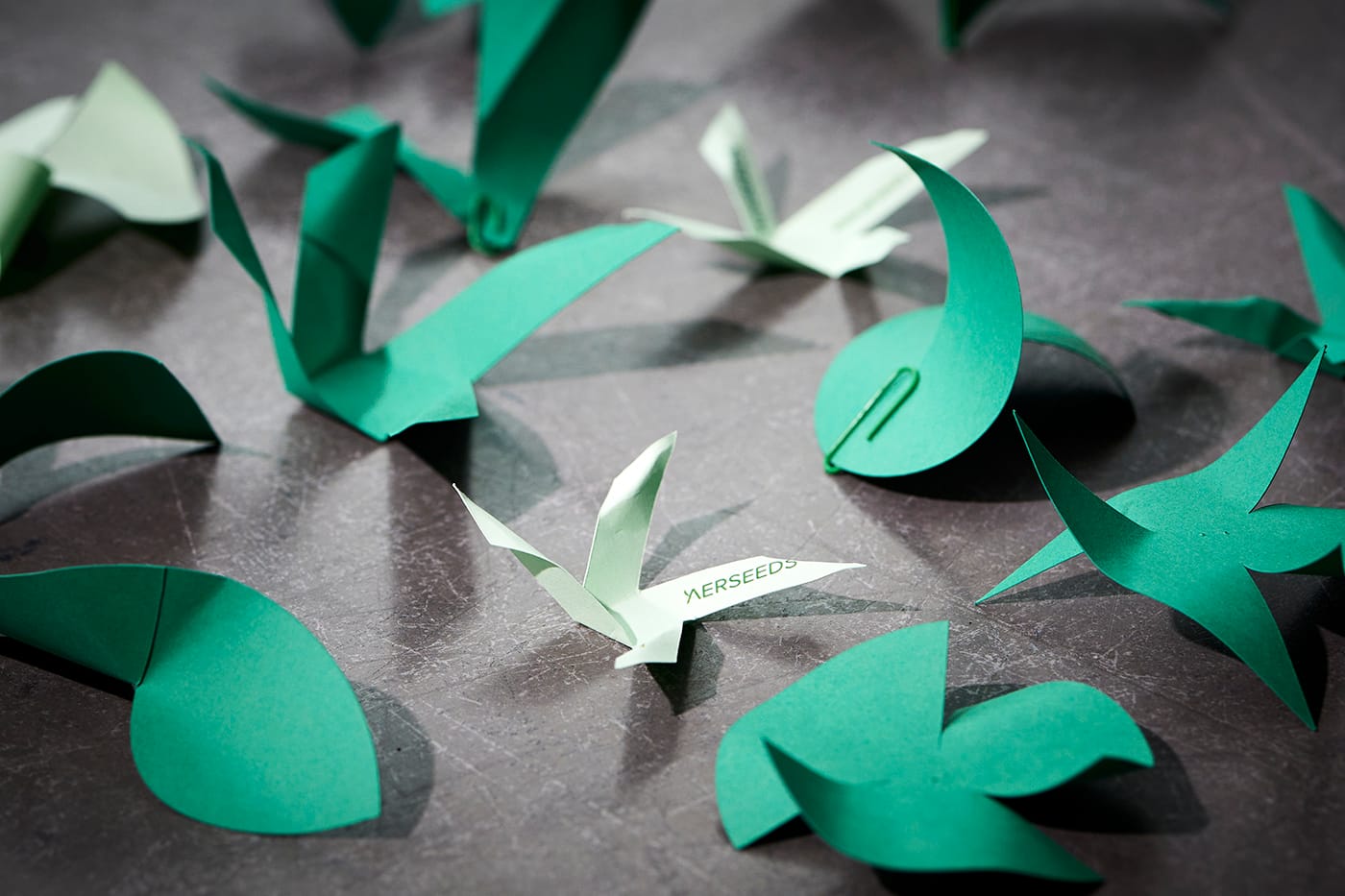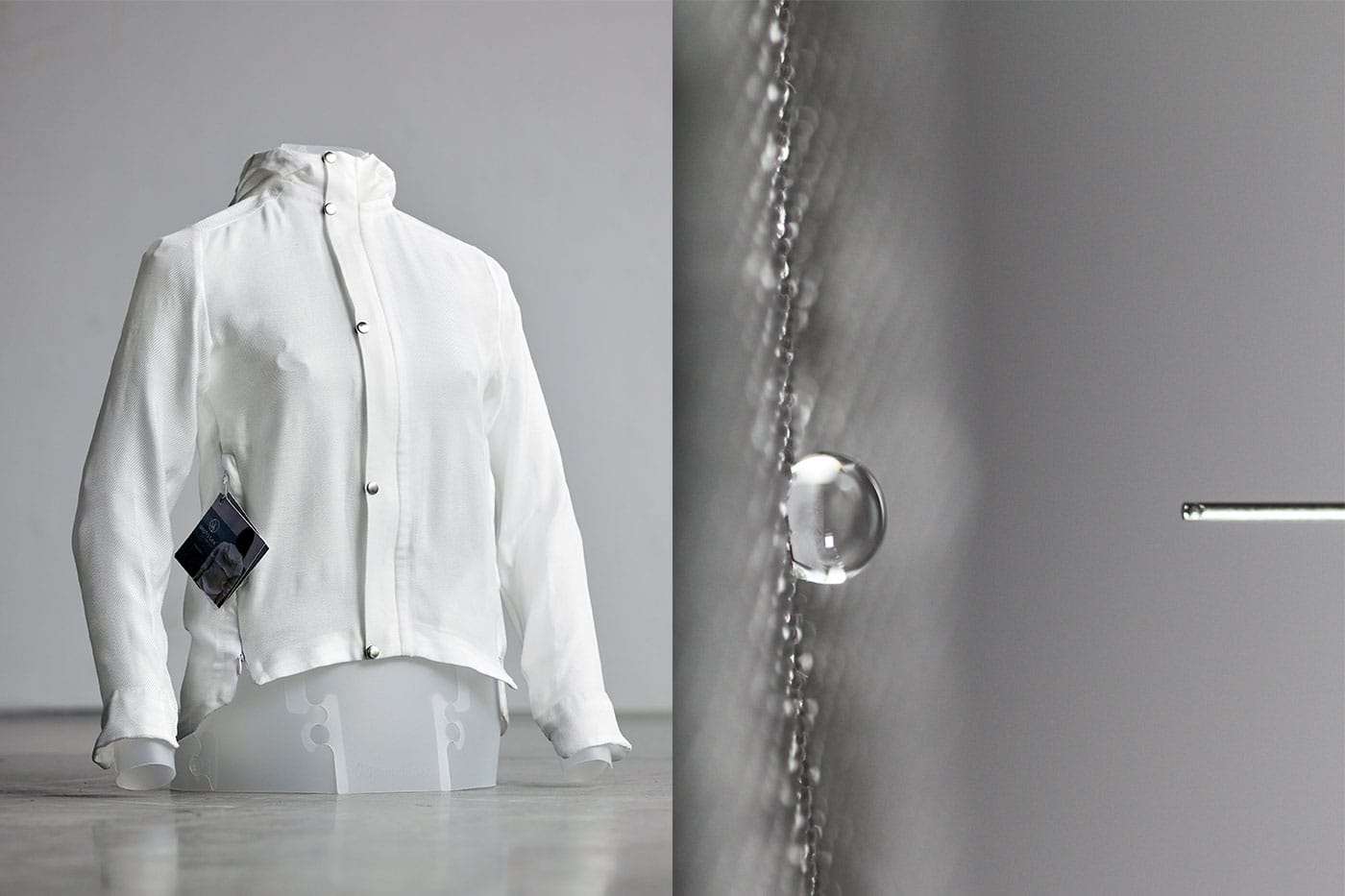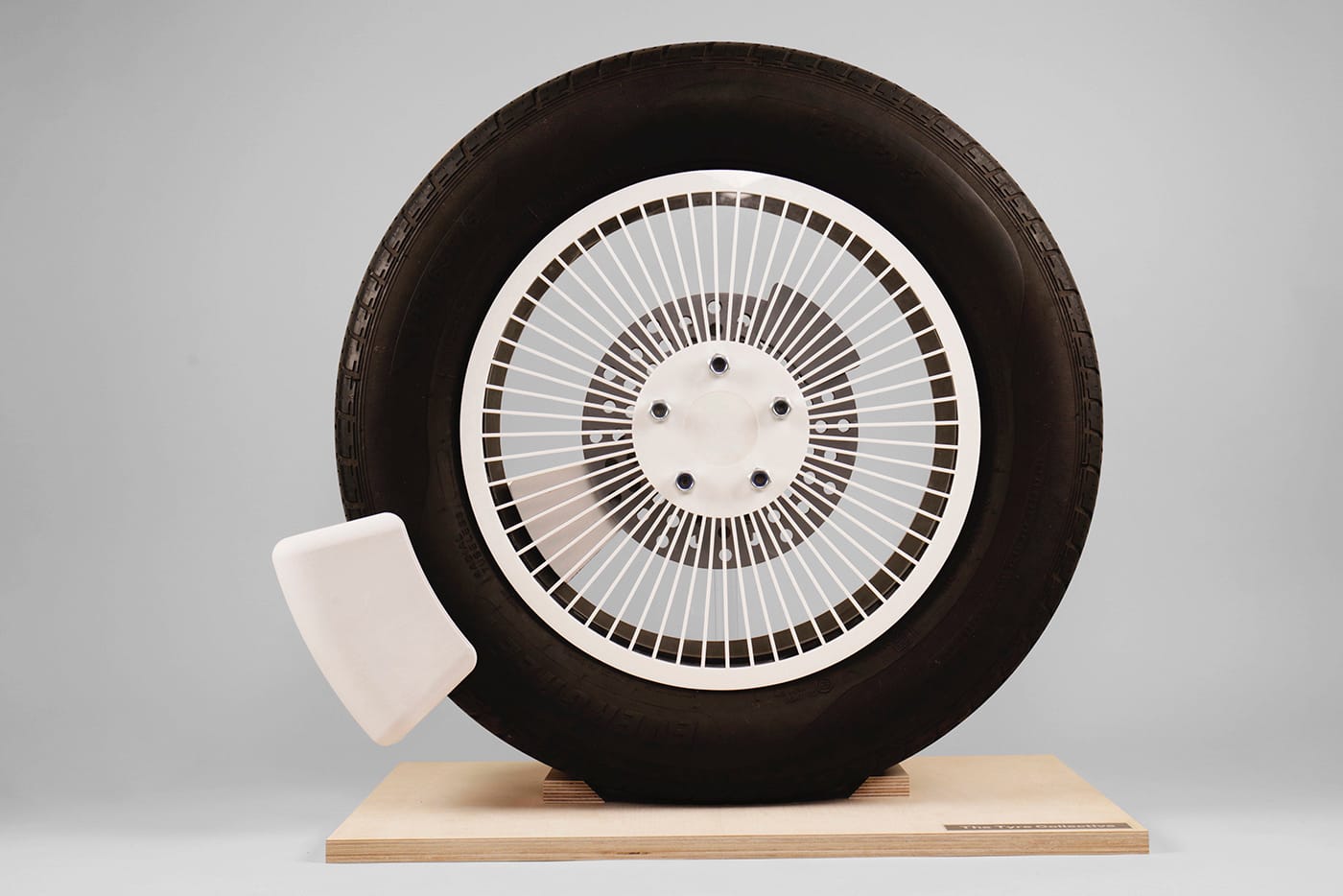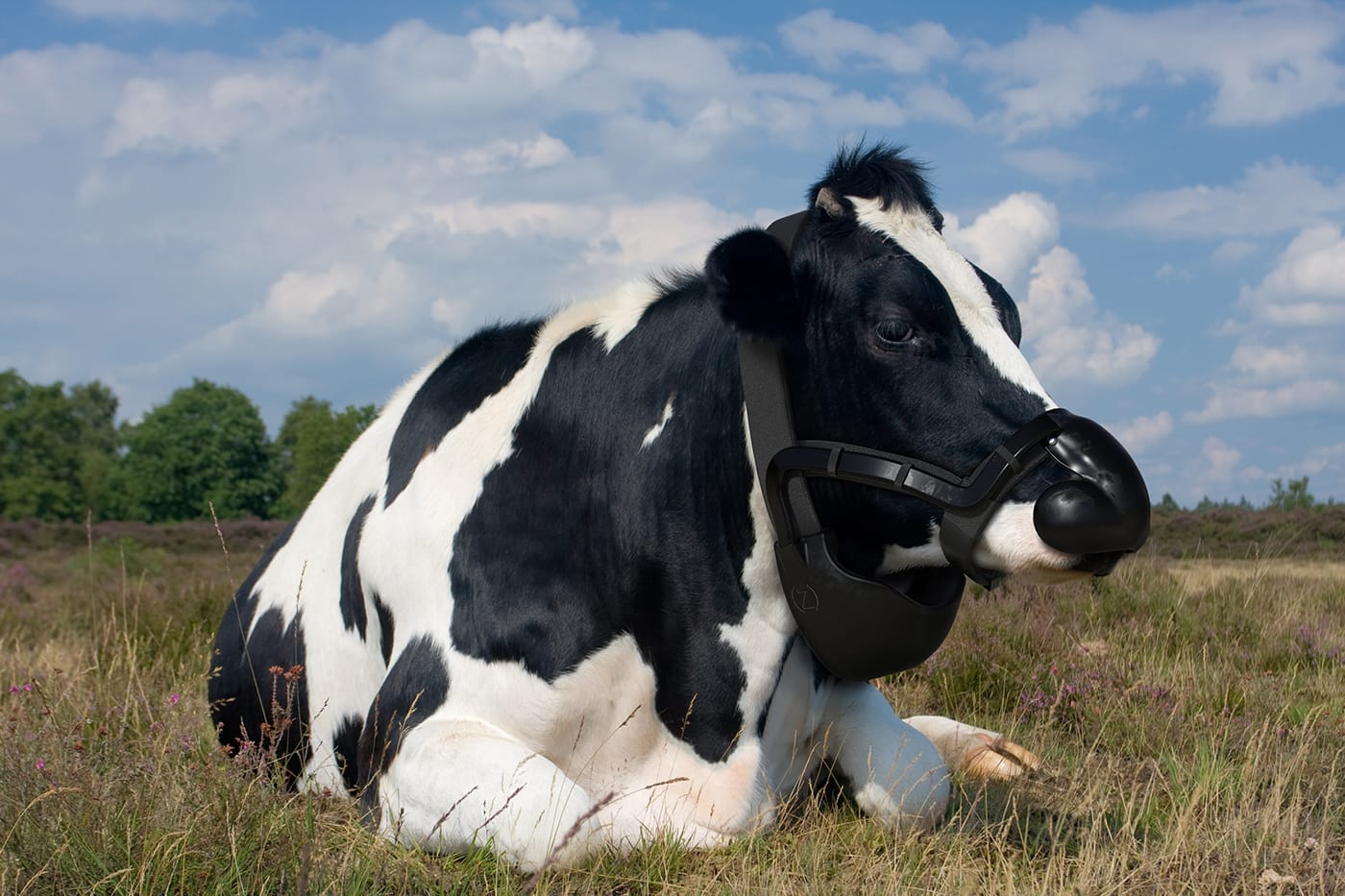The four winners of Jony Ive‘s Terra Carta Design Lab have been announced, with each project set to receive £50,000 GBP in funding, along with mentorship from Ive, London’s Royal College of Art and a selection of businesses from the Sustainable Markets Initiative.
Having been whittled down from 125 applicants, the winning lineup is made up of a wearable device for cows to reduce methane emissions; a clean-tech start-up spearheading the capture and monitoring of tyre wear; the first 100% recyclable and chemical-free outdoor performance textile; and aerodynamic seed pods made from food waste for plant and tree restoration. The Terra Carta Design Lab was initiated by Ive, HRH Prince Charles, and London’s Royal College of Art as a way to gather some of the world’s most talented design students and alumni to design high-impact, low-cost solutions for issues facing global populations.
“I find it reassuring, particularly facing the overwhelming challenge of climate change, that we can all contribute ideas that could evolve into valuable solutions. I love not only the power of a good idea but how egalitarian and inclusive they can be,” said Jony Ive, who was made Chancellor of the Royal College of Art in 2017.
“All the Design Lab winners have ideas and designs that deserve to be developed. The ingenuity and determination of these designers has produced some extraordinarily creative responses, and they now embark on the journey to turn these great ideas into practical solutions,” he added.1 of 4
Aerseeds2 of 4
AMPHITEX3 of 4
Tyre Collective4 of 4
ZELP
The first of the winners, Aerseeds, sees food waste transformed into pods that are carried by the wind to deliver nutrients and seeds to soils that have been depleted by human activity – in a bid to encourage accelerated reforestation by mimicking natural processes. AMPHITEX, another winner in the lineup, has turned its attention to outdoor textiles, which it describes as currently being “impossible to recycle”. With that in mind, the team has developed a 100% recyclable and chemical-free outdoor performance textile made from a combination of recycled and plant-based feedstock, which they claim to be a world-first.
The two projects completing the list of winners are Tyre Collective and ZELP. Tyre Collective has looked into the issue of micro-plastic pollution caused by tyre wear, and is developing the first patent-pending device to capture tyre wear at the wheel. Off the road and into the fields, ZELP has created a wearable device for cattle that neutralises methane emissions in real time – in a bid to reduce the staggering 400 litres of methane produced by livestock per day, which is one of the single leading causes of global warming.
“Many of the biggest problems the human race ever had to face were solved by ingenious ideas. Technology and design are vital in driving change and tackling today’s issues, and the climate crisis is no exception to this – this is a design challenge,” said Greg Jackson, Terra Carta Design Lab judge and Founder of Octopus Energy Group. “I can’t wait to see the impact our four winners will make in clean tech and how they will inspire others to follow their lead.”
As we’re pushed deeper into the climate emergency, the role of designers in the fight against it is becoming increasingly important. Recently, a new, non-profit initiative named Design for Good launched – bringing together design leaders from some of the world’s biggest companies and institutions, to develop open-source products and services that address some of society’s biggest challenges.
HYPEBEAST Design offers a platform for projects to be featured. For more information, please email [email protected].
Source: Read Full Article
